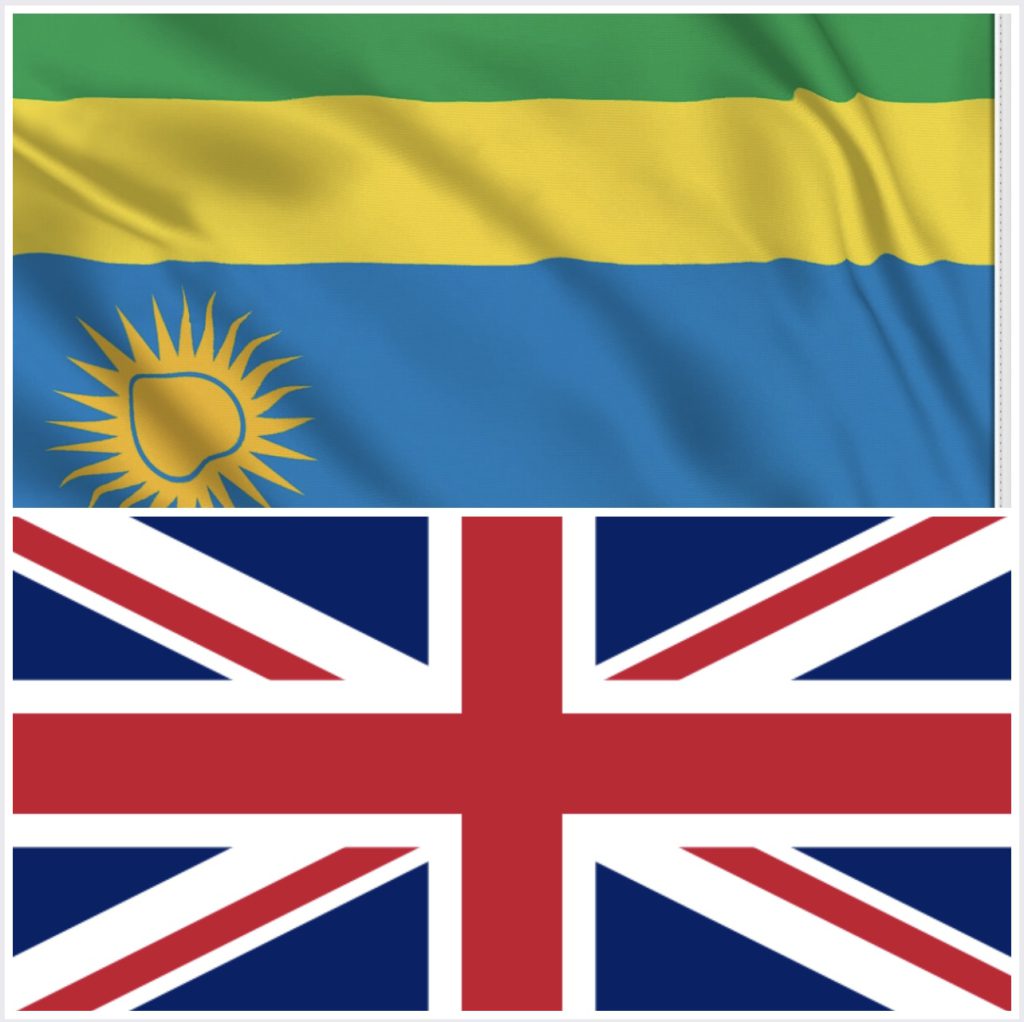Rwanda has issued a strongly worded response to a summons by the UK Foreign, Commonwealth & Development Office (FCDO), rejecting criticism over its role in the Democratic Republic of Congo (DRC) conflict and calling out Britain for harboring genocide suspects.
In a statement released by the Rwandan High Commission in London, Kigali defended its military actions as a necessary response to security threats along its border. It also accused the DRC of backing armed groups responsible for cross-border attacks and questioned the effectiveness of UN peacekeeping efforts in the region.
According to the statement, Rwandan forces have maintained defensive measures against growing security threats, citing a recent attack on Rubavu on January 26, which resulted in 16 deaths and 177 civilian casualties. The statement blamed the assault on the FDLR (Democratic Forces for the Liberation of Rwanda), a militia with alleged ties to the DRC army. Rwanda argues that the FDLR, which includes remnants of the perpetrators of the 1994 Genocide against the Tutsi, is still active and poses a regional threat.
The Rwandan government also weighed in on the M23 rebellion, describing its fighters as Congolese citizens resisting decades of ethnic discrimination. Kigali claims the international community, including the UK, has turned a blind eye to the violence targeting Kinyarwanda-speaking Congolese, allowing the conflict to escalate. Rwanda warned that the region’s stability depends on addressing these ethnic tensions rather than adopting a purely military approach.
In a direct rebuke to the UK, Rwanda accused London of shielding six genocide suspects who continue to live in the country at the expense of British taxpayers. While other Western nations have extradited or prosecuted individuals accused of genocide, the UK remains “the only safe haven in the West,” according to the statement. The response also criticized MONUSCO, the UN peacekeeping mission in the DRC, arguing that it has failed to prevent FDLR expansion over the past two decades. Rwanda accused MONUSCO leadership of becoming “intertwined” with the FDLR, making it difficult to distinguish between peacekeeping efforts and support for armed groups.
Rwanda urged the UK to back the African Union (AU), East African Community (EAC), and Southern African Development Community (SADC)-led peace process, warning against emboldening the DRC’s “military-only” approach. The statement pointed out that the UK’s stance not only undermines peace efforts but also exposes glaring double standards.
While the UK and Rwanda have been strategic allies, Britain’s current posture has evoked a colonial-style condescension, treating Rwanda not as an equal partner but as a subordinate. A true ally should offer both support and respect, not selectively apply pressure while maintaining different standards for its Western partners. Rwanda, which has built a reputation for asserting its independence and strategic agency, cannot afford to give space to such a precedent.
“The UK would never tolerate such interference in its own security decisions, nor does it hesitate to go after its enemies in the Middle East and elsewhere,” an observer told Taarifa. “So why should Rwanda be expected to play by a different set of rules? These double standards are not just hypocritical; they are plainly evil.”
With the conflict in eastern DRC escalating, the diplomatic standoff between Rwanda and the UK underscores the challenges of finding a balanced approach to peace and security in the Great Lakes region. Whether London will adjust its stance or maintain its current position remains to be seen.
